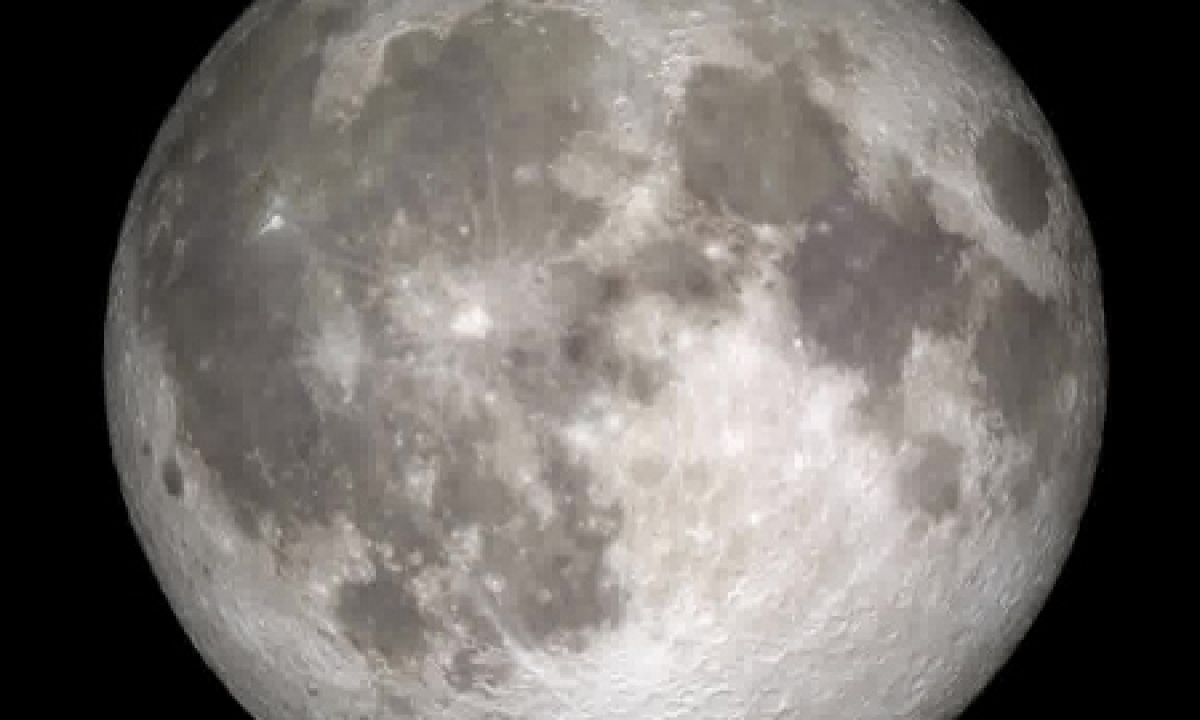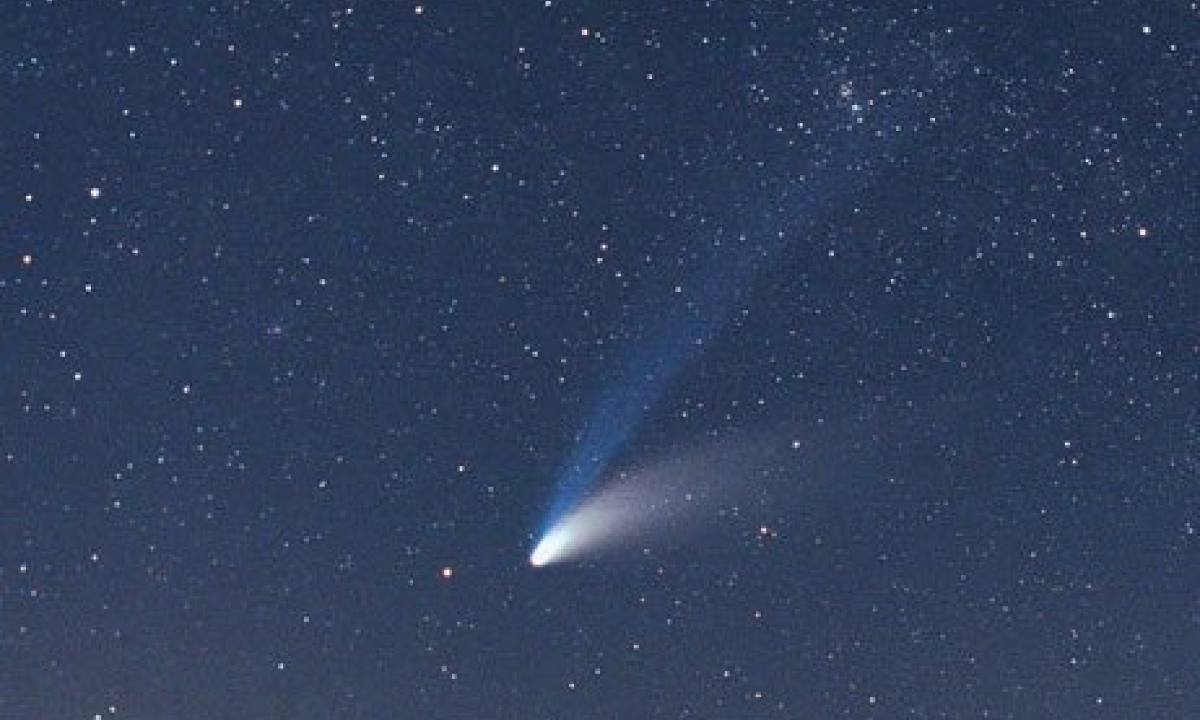*
The Moon will attain
full part.
At the moment of the month, it’s seen for a lot of the evening, rising at
round nightfall and setting at round daybreak.
The Beaver Moon
The sequence of full moons that fall by way of the yr are generally assigned names such because the
“Beaver Moon”, in line with the months and seasons wherein they fall.
This apply has been popularised in current many years by the Farmers’ Almanac
in the US. The names utilized by that almanac declare to have historical origins from Native American tribes.
This declare has been examined intimately by Patricia Haddock’s ebook Mysteries of the Moon (1992)
and is partially true, however the collection of names is basically arbitrary.
All through historical past an incredible number of completely different names have been given to the sequence of lunar cycles by way of
the yr, and fashionable lists of such names, akin to these popularised by the
Farmers’ Almanac, are likely to inevitably be a medley of names taken from many alternative cultures.
Based on the Venerable Bede’s De temporum ratione (The Reckoning of Time; 725 AD)
– an authoritative account of the
calendar utilized in Saxon England –
the lunar month containing the second full moon after the September equinox (inside autumn) was known as the “month of sacrifice (Blōt-mōnaþ)”.
The biography of Charlemagne (circa 817–833 AD), written just a few years after his dying, provides a reputation of
the “autumn month (Herbist-mānod)” for a similar lunar month.
Nonetheless, within the scheme adopted by the Farmers’ Almanac,
which has grow to be somewhat extensively quoted, any full moon
within the month of
November known as the “Beaver” Moon.
Observing the Moon in coming days
Over the nights following 15 November, the Moon will
rise round an hour later every day, turning into distinguished later within the evening.
Inside just a few days, it can solely be seen within the pre-dawn and early-morning
sky. By the point it reaches final quarter, per week after full moon, it can rise
in the midst of the evening and set at round midday.
The desk under lists the rising and setting occasions of the moon within the days round full moon:
| Date | Moonrise | Moonset | Part |
| 10 Nov 2024 | 13:52 | 01:20 | 69% |
| 11 Nov 2024 | 14:21 | 02:29 | 79% |
| 12 Nov 2024 | 14:50 | 03:40 | 88% |
| 13 Nov 2024 | 15:22 | 04:53 | 95% |
| 14 Nov 2024 | 15:57 | 06:09 | 99% |
| 15 Nov 2024 | 16:37 | 07:25 | 100% |
| 16 Nov 2024 | 17:26 | 08:37 | 98% |
| 17 Nov 2024 | 17:26 | 08:37 | 94% |
| 18 Nov 2024 | 18:22 | 09:42 | 87% |
| 19 Nov 2024 | 19:25 | 10:36 | 79% |
The precise second of full moon
The precise second of full moon is outlined because the time when the Moon’s ecliptic longitude is precisely
180° away from the Solar’s ecliptic longitude, as noticed from the middle of the Earth. Nonetheless,
the Moon doesn’t seem in any means particular at this immediate in time, and a full moon may be noticed
at any time of evening.
For the time being it reaches full part, the Moon will lie at a
declination of twenty-two°24’N within the constellation Aries .
It’s going to lie at a distance of 361,000 km from the Earth.
The chart under exhibits the scale of this month’s full moon compared to the biggest (perigee) and smallest
(apogee) potential obvious dimension of a full moon, drawn to scale.
The celestial coordinates of the Moon on the time it reaches full part can be:
| Object | Proper Ascension | Declination | Constellation | Angular Measurement |
| The Moon | 03h21m00s | 22°24’N | Aries | 33’00” |
The coordinates above are given in J2000.0.
The sky
on 15 Nov 2024
Supply
The circumstances of this occasion had been computed utilizing the DE430 planetary ephemeris printed by the Jet Propulsion Laboratory (JPL).
This occasion was routinely generated by looking the ephemeris for planetary alignments that are of curiosity to newbie astronomers, and the textual content above was generated based mostly on an estimate of your location.
Associated information
Picture credit score
Simulated picture courtesy of Tom Ruen.





No comments! Be the first commenter?